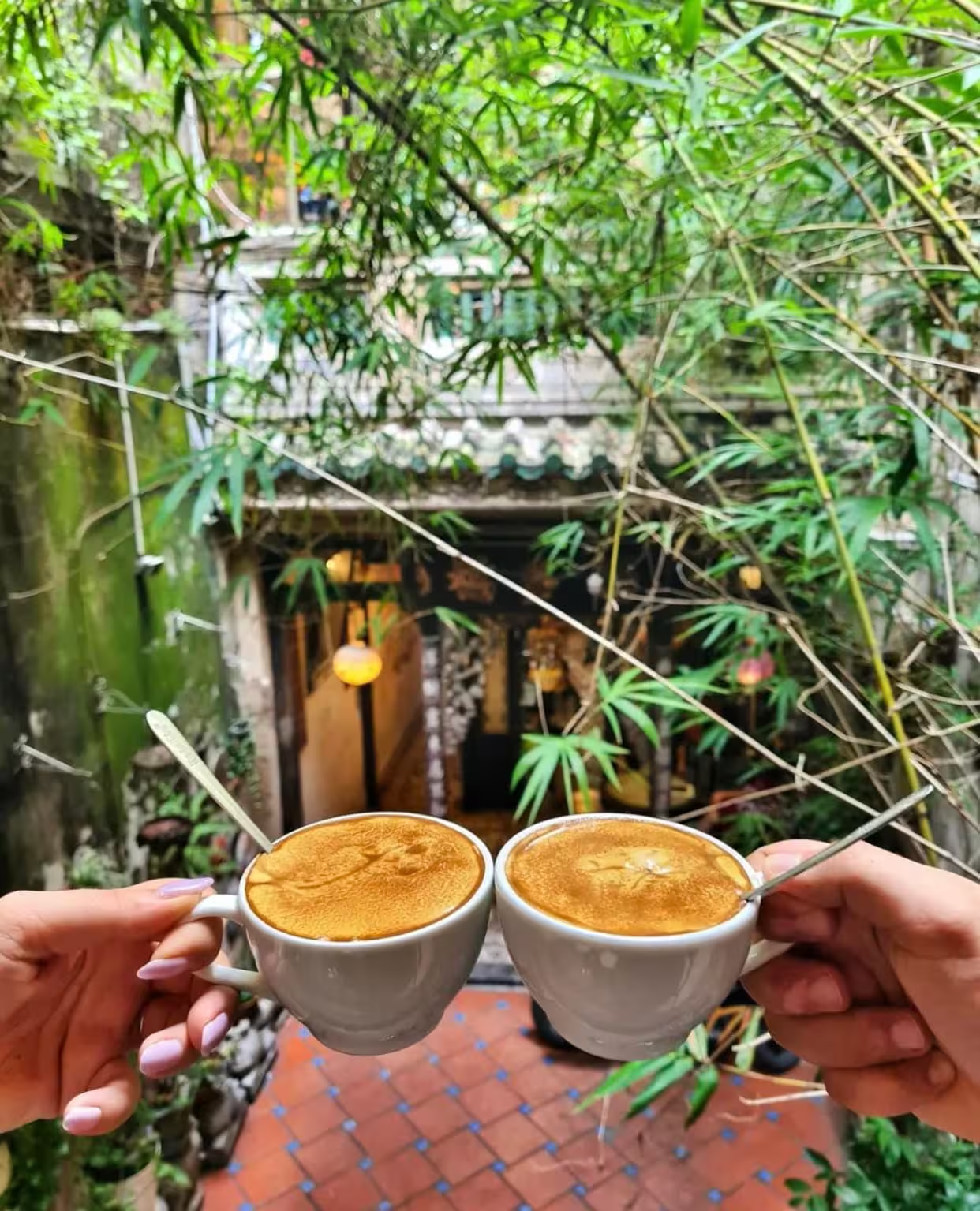Vietnam currency is the Vietnamese dong (VND). This guide helps you exchange, use money, and avoid scams while traveling in Vietnam with confidence.
1. What is the Vietnam currency and what does it look like?
The Vietnamese dong (VND) is the sole legal currency in Vietnam. It is issued by the State Bank of Vietnam and used nationwide. The symbol for dong is “₫”, and it often follows the number, e.g., 100,000₫.
There are two main types of notes in use:
- Polymer notes: 10,000₫, 20,000₫, 50,000₫, 100,000₫, 200,000₫, and 500,000₫
- Cotton paper notes: 1,000₫, 2,000₫, and 5,000₫

Coins in Vietnam have stopped being issued by the State Bank since April 2011.
Most tourists will handle mainly 20,000₫ to 500,000₫ notes. Be cautious: the 20,000₫ and 500,000₫ notes are similar in color, leading to frequent payment mistakes and scams.
2. How to exchange foreign currencies in Vietnam
You can exchange foreign currency in Vietnam at airports, banks, or licensed gold shops—each with its own advantages and drawbacks. Airports are convenient and open 24/7, but the exchange rates are usually less favorable. Banks offer better and more secure rates, though they may require your passport and involve longer wait times. Gold shops, especially those in Hanoi’s Old Quarter or Ho Chi Minh City’s District 1, are popular for their competitive rates and quick service, but you should always check that the shop is properly licensed.

Avoid exchanging money on the street. These unofficial transactions are illegal and often involve scams or counterfeit bills, putting you at risk of losing both money and safety.
At the time of writing, approximate exchange rates are:
- 1 USD = 25,851₫
- 1 EUR = 29,544₫
- 1 GBP = 35,013₫
- 1 JPY = 180₫
- 1 AUD = 16,790₫
Rates change frequently, so check reliable sources like xe.com or the State Bank of Vietnam’s website.
3. Tips for using the Vietnamese dong smartly
Nowadays, Vietnam is catching up with developed countries like China in adopting digital payment methods. Many shops, restaurants, and even street vendors now accept payments via E-wallets like Momo, ZaloPay, or bank apps. Additionally, Apple Pay and other contactless payment options are becoming increasingly popular, especially in urban areas.

However, it is still good to have some Vietnamese dong on hand for places that do not accept digital payments yet. Most everyday transactions can be done in cash. Although credit cards are accepted in upscale hotels and larger restaurants, they are not commonly used elsewhere.
Travelers should carry small denominations like 10,000₫ or 20,000₫. They are perfect for paying for coffee, street food, or short taxi rides, and help you avoid the awkwardness of vendors not having change.
Moreover, you should also pay close attention to the zeros. It is easy to mistake a 20,000₫ note for a 500,000₫ note due to their similar colors. This small slip could cost you a significant amount if you are not careful.
Avoid damaged bills. Many vendors will refuse torn, heavily wrinkled, or dirty notes, especially for larger denominations. Always check your change and keep your bills in good condition.
Lastly, store your cash safely. Use a money belt, hidden pouch, or inside pocket to protect your cash from pickpockets, especially in crowded areas or while traveling on public transport.
>>> Read more: Getting to Hanoi: Best Travel Tips
Best Time and Weather to Visit Hanoi
Hanoi Transportation: Getting In, Getting Around Tips
4. Can you use other currencies in Vietnam?
The Vietnamese dong is the only legal tender in daily transactions. However, US dollars may be accepted in some upscale places, such as hotels or tour agencies, especially in tourist areas. Yet, prices are often higher if you pay in USD. It is still smarter to convert your money into VND and use that.
5. How much money do you need in Vietnam?
Vietnam is a budget-friendly destination. On average, a traveler might spend:
- Meals: 40,000₫–100,000₫ per local dish meal. 500,000₫ - 1,000,000₫ per dining out at a restaurant
- Coffee: 30,000₫–70,000₫
- Accommodation: 200,000₫–500,000₫/night in guesthouses, 2,500,000₫–5,000,000₫/night in 5-star hotels
- Transportation: 13,000₫–30,000₫/km by taxi
>>> Explore more: VIET Restaurant - Vietnamese cuisine with stunning view of Hanoi Old Quarter

6. Avoid common scams and mistakes with Vietnam currency
Scams in Vietnam are rare, but they do happen, especially in busy tourist areas. It is important to stay alert and know what to watch out for.
One common issue is street vendors giving incorrect change, particularly when dealing with large denominations. Always count your change carefully before walking away.
Fake currency is another concern, with the 500,000₫ note being the most commonly counterfeited. Familiarize yourself with the look and feel of genuine notes to spot fakes.
Taxi scams can also occur. Some drivers may swap your high-denomination bills for smaller ones and claim you did not pay enough. To avoid this issue, you should use vehicle booking apps such as Grab, Xanh SM, Be, or trusted taxi companies like Mai Linh or Vinasun. These services are reliable and display fares, helping you avoid overcharging and other common scams.

7. Conclusion: Be smart with Vietnam currency for a smooth trip
Understanding Vietnam currency is key to managing your travel budget and avoiding common mishaps. From knowing the real value of Vietnamese dong to choosing safe exchange places, these tips will help you travel smarter. Pack a small calculator, download a currency converter app, and stay alert with your money.
For a stress-free stay, book reputable accommodations like GM Premium Hotel, and enjoy the best Vietnam has to offer — without losing a dong!




.avif)




Lorem ipsum dolor sit amet, consectetur adipiscing elit. Suspendisse varius enim in eros elementum tristique. Duis cursus, mi quis viverra ornare, eros dolor interdum nulla, ut commodo diam libero vitae erat. Aenean faucibus nibh et justo cursus id rutrum lorem imperdiet. Nunc ut sem vitae risus tristique posuere.